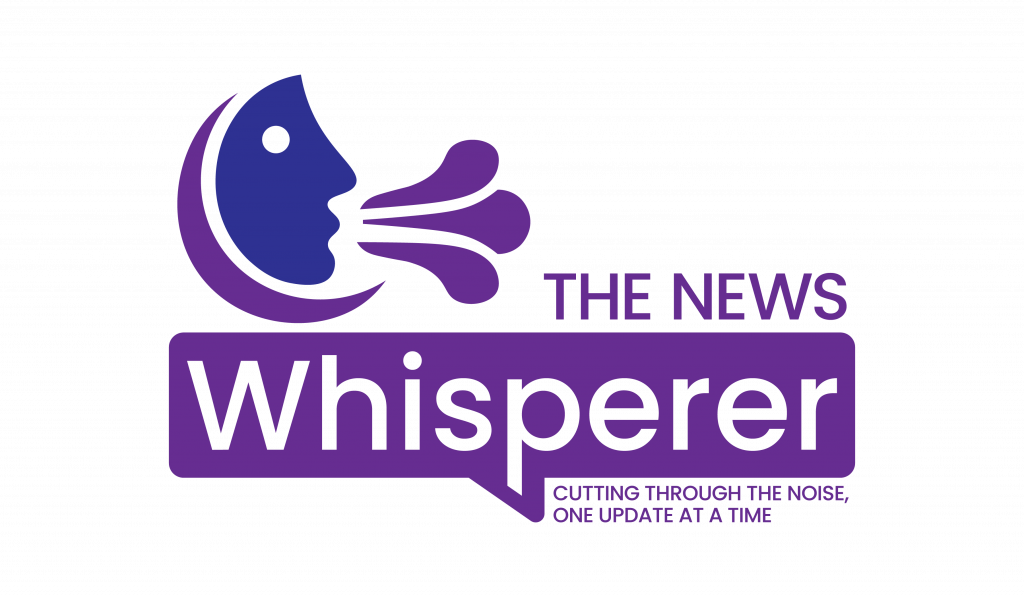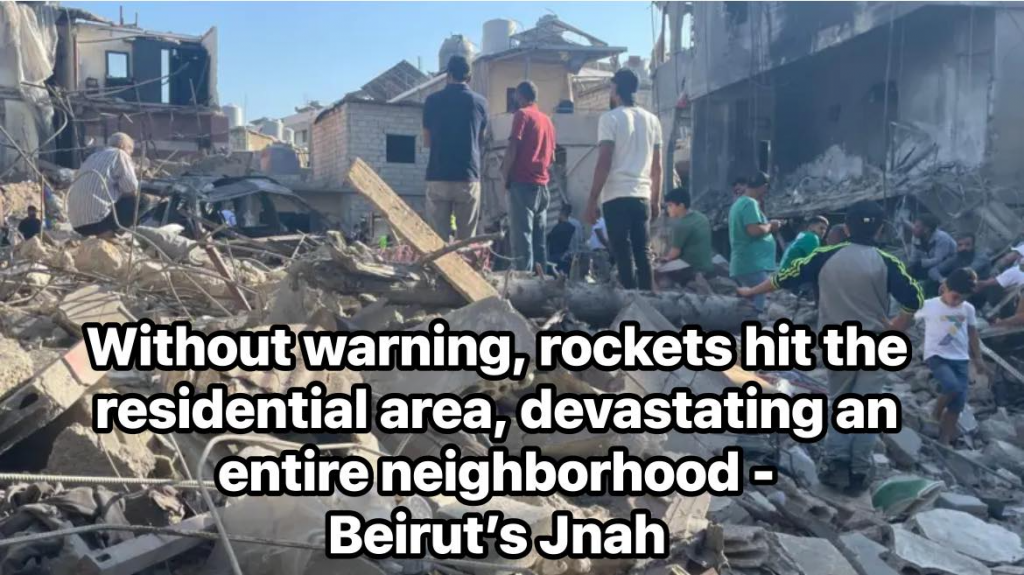Without warning, rockets hit the residential area, devastating an entire neighborhood. “When the bombing happened, I fainted,” he recalls, “and when I came to, the whole neighborhood was in ruins.” A digger and dozens of locals now sift through the rubble, searching for lives lost and remnants of families shattered.
Fouad’s granddaughter, Alaa, a poised young woman engaged to be married in three months, was killed, and his grandson lies in a coma. “Why?” Fouad asks, “Why does the world allow this?” Holding a picture of Alaa in a gold dress, Fouad remembers her joy and ambition, including her dream of becoming Miss Lebanon.
As Fouad walks among the remains of his community, residents approach him, offering condolences. He reflects on his many memories here, especially the neighborhood children who greeted him with calls of “Grandpa, Grandpa!” His small gifts—candies and popcorn—were part of their daily lives, and many of these young lives have now been lost.
With nearly 2,000 Lebanese lives lost, the destruction has claimed families and flattened communities. The Israeli army, after the strike, cited a “Hezbollah terrorist target” but issued no prior evacuation order. Though nearby structures like Rafik Hariri Hospital remain superficially damaged, across the street, lives are changed forever. Fouad’s son, Ahmed, stands in the rubble of what was once his home, showing a photo of his son, face bandaged and bloody, in intensive care. “This was my house,” Ahmed says. “It’s gone now, just like everything else.”
Fouad’s story and that of his community shed light on the broader human cost of war. Each name, each face, and each family lost represents a story silenced too soon. Fouad’s story is a powerful reminder of the human resilience that surfaces amid unspeakable sorrow and a call to the global community to seek paths toward peace. Let us not just listen but also strive to build a world in which these tragedies are distant memories.
- Follow or share

